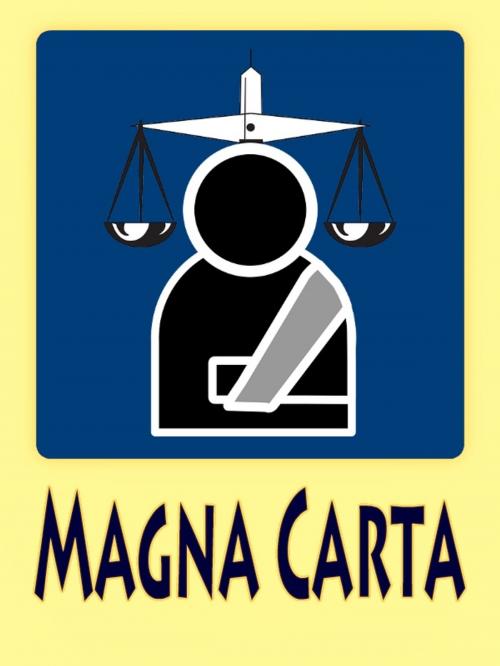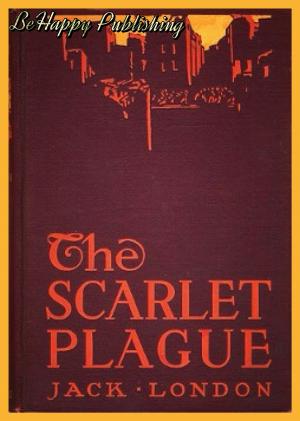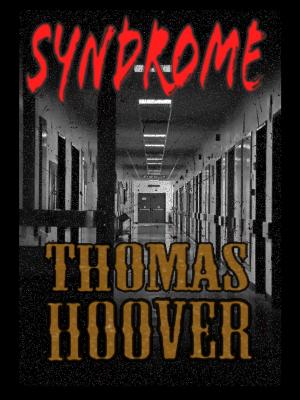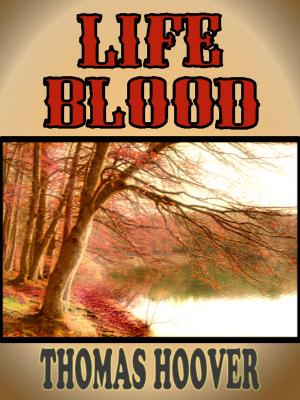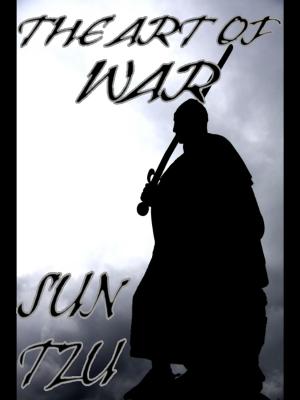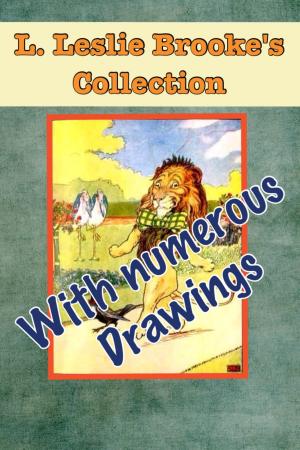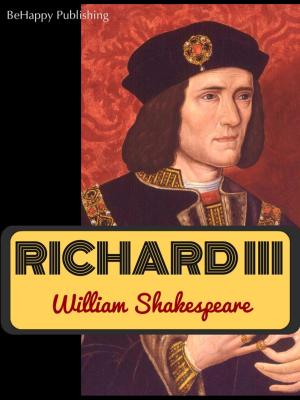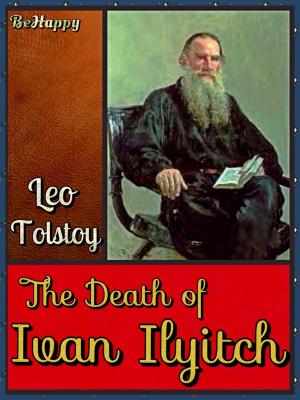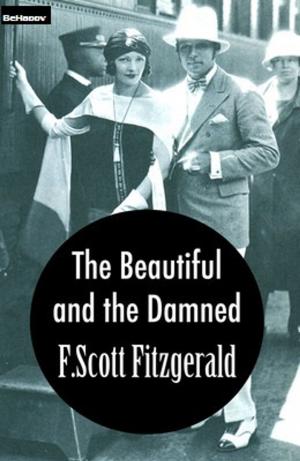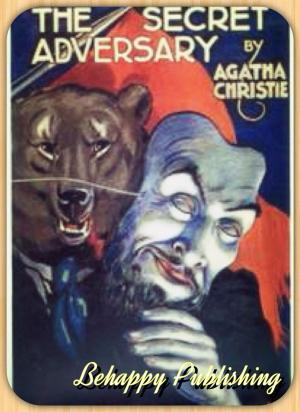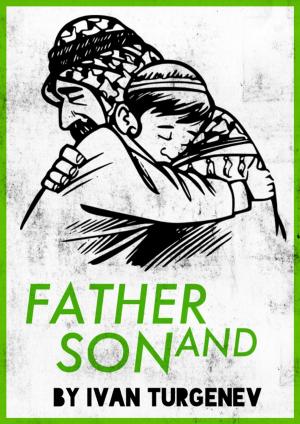The Magna Carta with free audio link (the Great Charter)
The Great Charter of the Liberties of England (Magna Carta Libertatum)
Nonfiction, Reference & Language, Law, Administrative Law & Regulatory Practice, Constitutional, History, British| Author: | Anonymous, Barons of King John of England | ISBN: | 1230000128695 |
| Publisher: | BeHappy Publishing | Publication: | April 29, 2013 |
| Imprint: | Language: | English |
| Author: | Anonymous, Barons of King John of England |
| ISBN: | 1230000128695 |
| Publisher: | BeHappy Publishing |
| Publication: | April 29, 2013 |
| Imprint: | |
| Language: | English |
Magna Carta (Latin for Great Charter),[1] also called Magna Carta Libertatum or The Great Charter of the Liberties of England, is an Angevin charter originally issued in Latin in the year 1215. It was translated into vernacular French as early as 1219,[2] and reissued later in the 13th century in modified versions. The later versions excluded the most direct challenges to the monarch's authority that had been present in the 1215 charter. The charter first passed into law in 1225; the 1297 version, with the long title (originally in Latin) "The Great Charter of the Liberties of England, and of the Liberties of the Forest," still remains on the statute books of England and Wales.
The 1215 charter required King John of England to proclaim certain liberties and accept that his will was not arbitrary—for example by explicitly accepting that no "freeman" (in the sense of non-serf) could be punished except through the law of the land, a right that still exists.
Magna Carta (Latin for Great Charter),[1] also called Magna Carta Libertatum or The Great Charter of the Liberties of England, is an Angevin charter originally issued in Latin in the year 1215. It was translated into vernacular French as early as 1219,[2] and reissued later in the 13th century in modified versions. The later versions excluded the most direct challenges to the monarch's authority that had been present in the 1215 charter. The charter first passed into law in 1225; the 1297 version, with the long title (originally in Latin) "The Great Charter of the Liberties of England, and of the Liberties of the Forest," still remains on the statute books of England and Wales.
The 1215 charter required King John of England to proclaim certain liberties and accept that his will was not arbitrary—for example by explicitly accepting that no "freeman" (in the sense of non-serf) could be punished except through the law of the land, a right that still exists.
